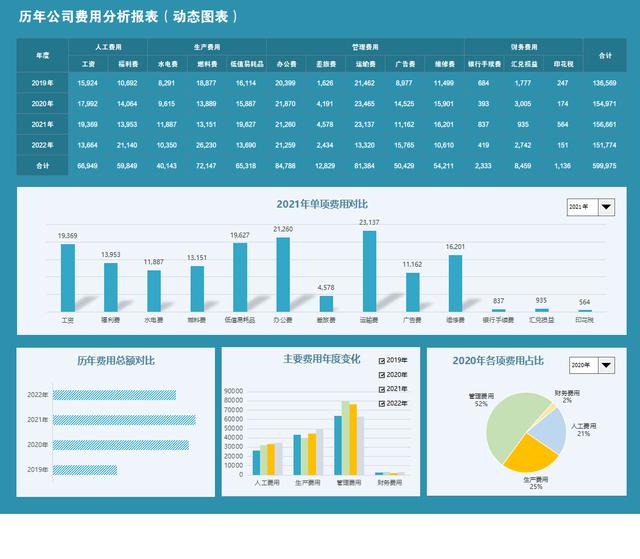汉译英例题及答案(应用文体中译英实例一则)

前两天看了叶子南和施晓菁写的书,现将书中一些内容整理成文如下,顺便加上一点自己的理解和笔记。
原文:
成语辞典的功用在于解释成语的确切含义及其用途,以帮助读者在语言交流和写作时,应用恰当的成语来表情达意,增强语言文字的表现力。
译文:
The purpose of an idiom dictionary is to explain precisely the meanings of idoms and metaphors and explain their uses, so that the user may employ them in speaking or writing to more succinctly and eloquently express an idea.
解析:
succinct: clearly expressed in a few words – use this to show approval言简意赅的,简明扼要的,简练的〔含褒义〕
a succinct explanation 简明扼要的解释
解释确切含义及其用途,“确切”在原文中是形容词,翻译时可以转换一下词性,为副词,修饰解释,确切地解释含义及其用途:explain precisely the meanings。
工具书的“读者”实为“使用者”,所以是user而不是reader。
表情达意,增强……如果翻译成to express and increase就很Chinglish了。
原文:
一种情形是,读者想用某条成语来描述或表达某种情形、事态或事物,但不知或一时想不起有何成语可用。另一种情况是在写作时作者虽已有一条成语可以表达某种意思,但不完全满意,而想参考其他同义或近似的成语取而代之。
译文:
For instance, he may wish to use an idiom to express an idea, describe a condition, an event, or a situation but does not know if any such idiom exists, or he may have an idiom that he can use but is not satisfied with a wish to find a few others with similar or allied meaning to replace it.
解析:
“不知”和“一时想不起”是重复的,只需翻译一次。
“一种情况……,另一种情况……,还有一种情况……”此处都是在假设,可以是:for instance, or, Again. Sometimes也可以使用,只不过重复三次Sometimes有冗余之嫌。
原文:
还有一种情况是,写作者手头有的那条成语已是司空见惯,缺乏新鲜的活力,因而想用另一含义相同的或近似的成语取而代之。
译文:
Again, he may wish to substitute a hackneyed or stale idiom with another but is unable to think of any.
解析:
hackneyed: a hackneyed phrase is boring and does not have much meaning because it has been used so often〔言辞等〕陈腐的,老生常谈的
stale: not interesting or exciting any more不再有趣的,没有新意的,乏味的
stale jokes 老掉牙的笑话
Other marriages might go stale , but not theirs.
别人的婚姻也许会变得平淡无味,但他们的婚姻不会。
将从句翻译成形容词定语作为前置修饰。反过来,如果是英译中,也可以尝试将hackneyed, stale拆分出来组句,或处理成四字格。比如:
To feed himself, the boy took a job pasting labels on blacking bottles in a grim, rat-infested warehouse.
初译可能是:
为了糊口,他在一家阴森森的、鼠满为患的仓库里给发黑的瓶子贴标签。
如果再润色一下,可能会觉得仓库前面用了两个“的”,定语那么长,怪难受的。遂想到要把grim和rat-infested给抽离出来:
为了糊口,他在一家仓库给发黑的瓶子贴标签。那仓库阴森森的,里面鼠满为患。
如此一来,仓库里的恶劣环境便跃然纸上了。
这句中出现了很多个“成语”,中文多重复,但英文应尽量避免重复,可以用it, their, any, some这样的词来替代,更多细节,详见《中式英语之鉴》repetition那一章。
原文:
本辞典是针对这种实际需要而编篆的,即将选入的三千余条成语按照其含义分门别类,俾便读者可以从这些分类中“从义求辞”,找到他需要的成语,并得到英汉双语的释义和译法例句。
译文:
The present dictionary is compiled with a view to meeting these needs. Thus the 3,000-odd idioms collected here are classified according to their meanings, implied or otherwise, and listed under different subject headings. By finding the appropriate subject heading, the user can obtain a number of idioms to choose from, as well as bilingual explanations and translation models.
解析:
“实际”是不必要的定语,从上下文可知,肯定是实际工作中出现的需要。
“按照含义分门别类”,classified by meaning也是足够,不过既然是辞典,应该还有其引申义或来源等其他信息。or otherwise或其他方面。
“从义求辞”,要先理解后翻译。意思就是根据意思找词,find the word from the meaning,不过前面提到了subject headings,后面可以翻译成“找到合适的主题类目” find the approrpriate subject heading.
"找到他需要的成语",避免使用人称代词:find the idiom he needs,而是找到一系列可供选择的成语:obtain a number of idioms to choose from.
heading: a name that is given to a group of things or people, that helps to describe them as a group 类目
writers who might come under the heading of postmodern fiction writers 可以被归为后现代主义小说家的作家
,
免责声明:本文仅代表文章作者的个人观点,与本站无关。其原创性、真实性以及文中陈述文字和内容未经本站证实,对本文以及其中全部或者部分内容文字的真实性、完整性和原创性本站不作任何保证或承诺,请读者仅作参考,并自行核实相关内容。文章投诉邮箱:anhduc.ph@yahoo.com






